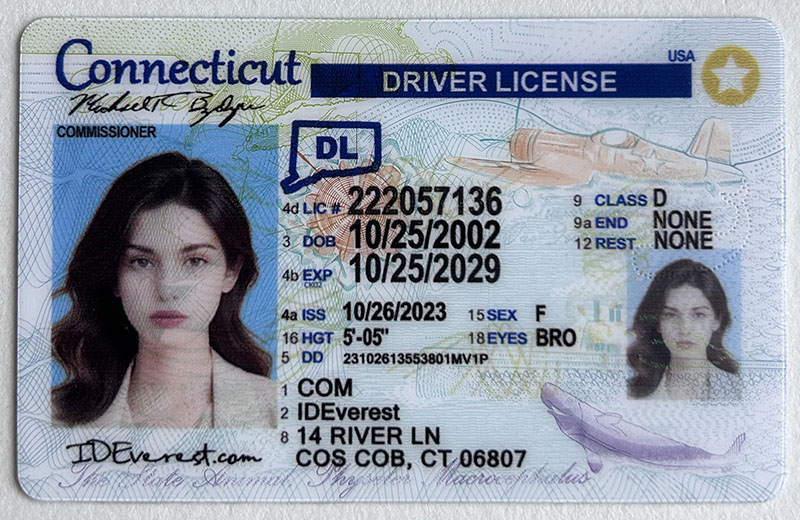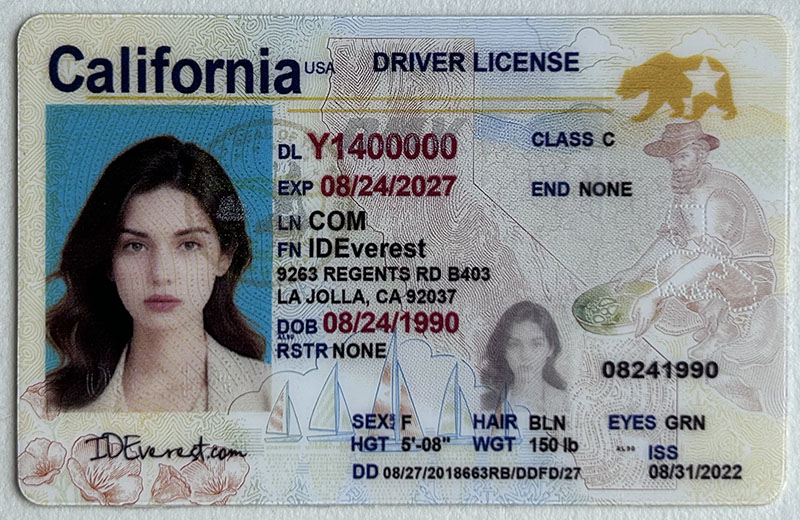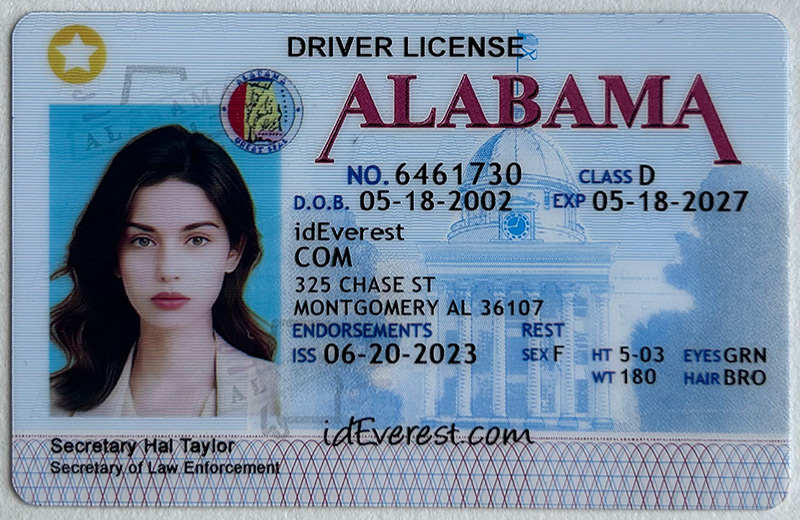real service dog id card vs fake
Real Service Dog ID Card vs Fake: Why Authenticity Matters

In today's world, service dogs are vital companions for individuals with disabilities, providing them with independence, security, and emotional support. As the role of service dogs becomes more recognized, so too has the need for proper identification. A legitimate service dog ID card is more than just a piece of plastic—it’s a symbol of trust, access, and respect for both the handler and the service animal. However, the rise in fake service dog ID cards has muddied the waters, making it difficult for genuine service dog handlers to prove their rights and for businesses to differentiate between real and fraudulent IDs. This article will explore the importance of authentic service dog ID cards, the characteristics that distinguish them from fakes, common issues associated with using fake IDs, and tips for resolving these problems.
Product Introduction: The Real Service Dog ID Card
A real service dog ID card is an official document that identifies a dog as a trained service animal. It typically includes the name and photo of the dog, the handler's name, the dog's registration number, and information about the dog's training and tasks. The ID card serves several essential purposes:
Access Rights: It allows service dog handlers to enter places where pets are generally not allowed, such as restaurants, airplanes, and public buildings.
Verification: It provides a quick and straightforward way for businesses and law enforcement to verify that the dog is a legitimate service animal.
Legal Protection: It helps protect the handler's rights under laws like the Americans with Disabilities Act (ADA) by clearly identifying the dog as a service animal.
Peace of Mind: For the handler, having a legitimate ID card can alleviate stress when faced with questions or challenges about their service dog’s presence.
Characteristics of a Real Service Dog ID Card
Identifying a real service dog ID card involves understanding what separates legitimate IDs from fakes. Here are some characteristics that a genuine service dog ID card typically includes:
Official Logos and Holograms: Real ID cards often feature official logos from the registering organization or a holographic seal that is difficult to replicate. These elements add a layer of authenticity that fakes usually lack.
Detailed Information: A genuine ID will have detailed information, such as the dog’s name, breed, color, registration number, and the handler’s name. It might also include a photo of both the handler and the dog.
Barcode or QR Code: Many real IDs include a barcode or QR code that can be scanned to access the dog’s registration details in an official database. This ensures that the ID can be easily verified by authorities or businesses.
High-Quality Materials: Authentic IDs are often made from durable materials such as PVC plastic, which can withstand wear and tear. The printing quality is also high, with clear, sharp text and images.
Issued by Reputable Organizations: A real service dog ID card is issued by a reputable organization that specializes in training and registering service animals. These organizations have strict standards and processes for issuing IDs, which adds credibility to the card.
Common Issues with Fake Service Dog ID Cards
Using a fake service dog ID card can lead to numerous problems, both legal and ethical. Here are some of the common issues encountered:
Legal Consequences: Using a fake service dog ID card can result in legal penalties, including fines and possible jail time. Misrepresenting a pet as a service animal is considered fraud in many jurisdictions.
Denial of Access: Businesses and public spaces are becoming more vigilant in identifying fake IDs. If a handler is caught using a fake ID, they may be denied access, which can be embarrassing and stressful.
Harm to Service Dog Community: Fake IDs undermine the credibility of real service dog handlers and their animals. This can lead to increased scrutiny and skepticism from businesses and the public, making it harder for legitimate handlers to go about their daily lives.
Compromised Safety: Fake service dogs may not have the necessary training to behave appropriately in public spaces, potentially putting people at risk. This can lead to accidents, injuries, or disruptions.
Ethical Concerns: Using a fake ID is unethical and disrespects the challenges faced by individuals with disabilities who rely on service dogs. It can also contribute to the stigmatization of people with disabilities.
Customer Reviews: The Real vs. Fake Debate
Customer feedback provides valuable insights into the real versus fake service dog ID debate. Many users who have purchased real service dog ID cards report positive experiences:
- Ease of Use: "Having a legitimate ID card has made traveling so much easier. Airlines recognize the card immediately, and I no longer have to explain my dog's presence every time."
- Peace of Mind: "I feel more confident knowing that I have an official ID. It’s been a lifesaver when entering restaurants or public buildings."
- Professional Appearance: "The card looks professional and is made of high-quality materials. It’s durable and has held up well over time."
Conversely, those who have used or encountered fake IDs often share negative experiences:
- Legal Trouble: "I bought a cheap ID online thinking it would help me, but I ended up facing legal issues. It’s not worth the risk."
- Embarrassment: "I was turned away from a store because they recognized my ID as fake. It was humiliating, and I regret not getting a real one."
- Poor Quality: "The fake ID looked nothing like the pictures online. It was flimsy, and the printing was low-quality."
Problems Encountered and Solutions
When using a service dog ID card, even a real one, issues can arise. Here’s a look at some common problems and how to solve them:
Business Refusal Despite Authentic ID: Sometimes, businesses may refuse entry even when presented with a legitimate service dog ID card. In such cases, it’s crucial to remain calm and explain the rights protected under the ADA. If the refusal continues, it might be necessary to file a complaint with the appropriate authorities or seek legal advice.
Misidentification of Service Dog: Some people may mistake a service dog for a pet, even with a proper ID. To prevent this, ensure that the dog wears a vest or harness that clearly labels them as a service animal. Additionally, carrying documentation that outlines the dog’s training and tasks can be helpful.
Lost or Damaged ID Card: Losing or damaging a service dog ID card can be stressful. To mitigate this, it’s wise to have a digital copy of the ID stored on a smartphone or in cloud storage. Most reputable organizations will allow you to order a replacement card if necessary.
Challenges from the Public: Service dog handlers often face questions or skepticism from the public. Having a real, easily verifiable ID can help quickly dispel doubts. Practicing polite but firm responses to common questions can also make interactions smoother.
Conclusion: The Importance of Authenticity
The choice between a real and fake service dog ID card is more than a matter of convenience; it’s about upholding the integrity of the service dog community and ensuring the safety and rights of all involved. A real service dog ID card provides peace of mind, legal protection, and ease of access for both handlers and their dogs. While the temptation to purchase a cheaper, fake ID may be strong, the risks far outweigh any potential benefits. Authenticity matters—choosing a legitimate service dog ID card is the only responsible and ethical option.
In conclusion, service dog handlers must prioritize obtaining and using a real ID card. This ensures not only their legal protection but also respects the rights of others, including businesses and the general public. By using a real service dog ID card, handlers contribute to a community built on trust, respect, and the shared goal of providing service dogs with the recognition and rights they deserve.
 Scannable Fake Connecticut Dri
Scannable Fake Connecticut Dri
 Scannable Fake California Driv
Scannable Fake California Driv
 Scannable Fake Arizona Driver'
Scannable Fake Arizona Driver'
 Scannable Fake Alabama Driver
Scannable Fake Alabama Driver